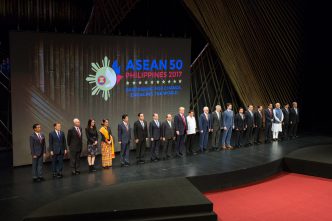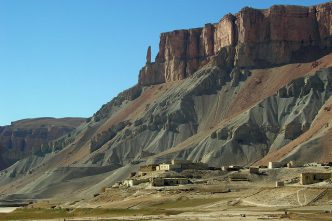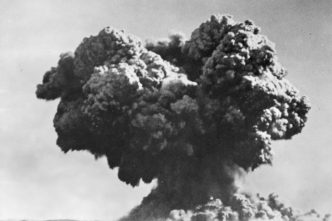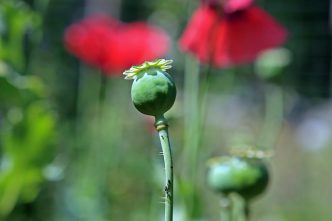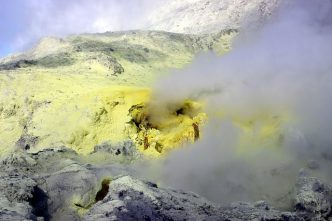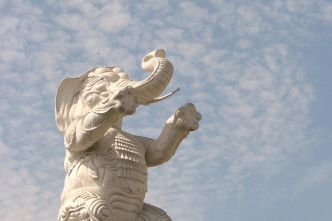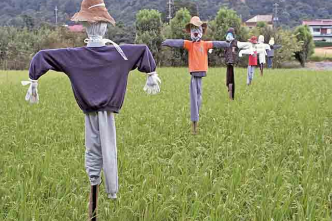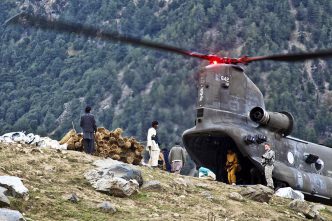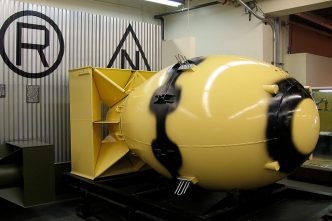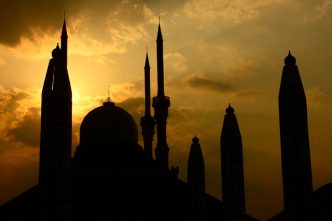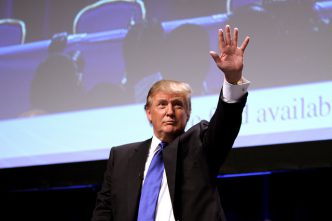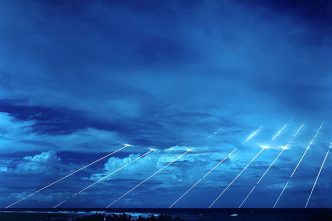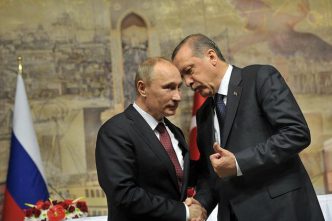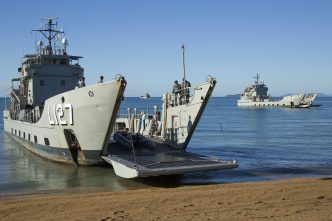Australia and other regional nations must rely more heavily on ASEAN to reduce the dangerous tensions among an increasingly powerful China, Japan, Russia and the US, Labor’s foreign affairs spokeswoman, Penny Wong, has warned. In …
The dynamics of Southwest Asia are in many ways distinct from those of neighboring South Asia and the Middle East, although they’re connected to what’s happening both to the east and west of it. The …
Many people believe that the internet of things (IoT) is aimed simply at supplying consumers with connected household devices. However, data from Intel shows that over 75% of devices are used in manufacturing, retail and …
Suddenly and unexpectedly, a small but intense debate has ignited in Australia over an unlikely topic—the wisdom of acquiring an indigenous nuclear weapons arsenal. (Some of the contributions to that debate can be found here, …
One innovation coming out of last decade’s ‘great recession’ was the stress-testing of banks and other financial institutions. The idea was for regulators to posit stresses to see how banks dealt with them. A range …
In December 2017, the United Nations Office on Drugs and Crime (UNODC) released its latest report on opium production in Myanmar and, at face value, the news was good. Since 2015, the area of cultivated …
After the Cold War ended, the existence of nuclear weapons on both sides wasn’t enough to stop the US from expanding NATO’s borders ever eastwards towards Russia’s borders, contrary to the terms on which Moscow …
Up in the Arcadia of the political afterlife, some great Oz leaders are sharing an ambrosia sherbet and reflecting on the recurring rhythms of Australia and the South Pacific over nearly 150 years. ‘The old …
Populists abhor restraints on the political executive. Since they claim to represent ‘the people’ writ large, they regard limits on their exercise of power as necessarily undermining the popular will. Such constraints can only serve …
As we consider whether Australia should obtain nuclear weapons, we need to ask who might subject us to nuclear blackmail. In the authoritative statement of China’s strategic vision in President Xi Jinping’s address to the …
Fake news has been at the forefront of public debate since November 2016, when it was discovered that thousands of fake news articles may have affected the outcome of the US federal election. Journalists discovered …
Harold Brown, the US defence secretary under President Jimmy Carter, was reported to have described the arms race between the United States and the Soviet Union in these terms: ‘When we build, they build. And …
In this three-part series, I examine the counter-arguments that proponents of Australia obtaining nuclear weapons need to address before the nation contemplates such a move. A heavyweight trio of Australia’s strategic and defence policy analysts …
Does Indonesia pose a strategic risk for Australia? The answer might be ‘no’ if one looks at the recently released Australian foreign policy white paper. It argues that Indonesia—along with Japan, India and South Korea—is …
Three recent articles in The Strategist about President Donald Trump’s Jerusalem declaration—by Peter Rodgers, Mike Scrafton and Richard Haass—demonstrate that we’re dealing with narratives, concepts and emotions that no logical arguments or facts can change …
Some of the most iconic—and perhaps misleading—news images of the 21st century were of smiling Iraqis holding up their purple-ink-stained index fingers to show that they had voted in their country’s January 2005 election. For …
Late last week, a ‘pre-decisional’ draft of the Trump administration’s forthcoming Nuclear Posture Review (NPR) was leaked to the Huffington Post. While it would be wrong to treat that draft as the final text—after all, …
For the past 50 years in Asia, the economists have consistently beaten the strategists in the crystal ball stakes. Over those decades, you’d have done better going to an economist rather than a strategist to …
Recep Tayyip Erdoğan has redefined Turkey’s foreign policy, making it more independent and nationalist. The key to the new policy is a shift in Turkey’s security concerns, as the country has become less fearful of …
In an interview in Australian Foreign Affairs, Paul Keating noted that China under Xi Jinping was looking to craft a new form of global governance, rejecting the notion of China as a strategic client of …


